Friday night lights is the way forward for the GAA at club and inter-county level
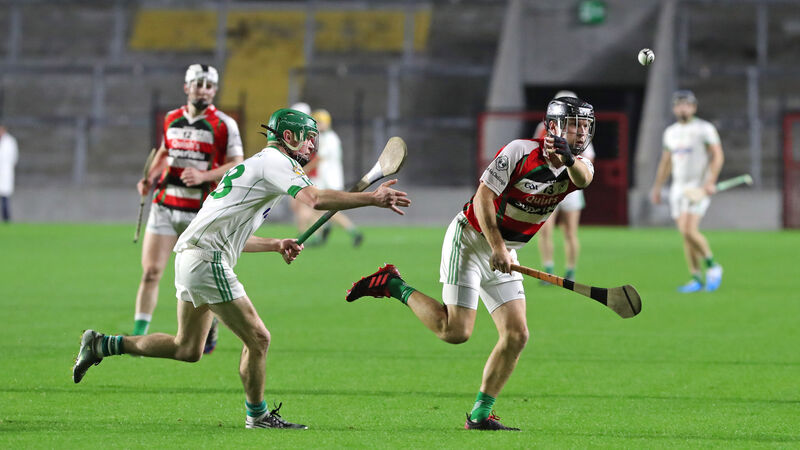
Dave Bowen, Ballincollig, taking on Davy Rice, Aghada, in a floodlit hurling game at Páirc Uí Chaoimh. Picture: Jim Coughlan.
A couple of weeks back, on the night of the Borris-Ileigh-Mullinahone Tipperary hurling senior quarter-final in Thurles, former Tipp hurler Shane McGrath posted a tweet with a picture of a lit-up Semple Stadium.
“Tipp club hurling has become the new NFL….Friday Night Lights…..GAA Style,” tweeted McGrath.
McGrath was on co-commentary duty for Tipp FM for an epic game, which Borris won after extra-time.
It was the first quarter-final of that weekend and its staging under lights on the Friday night underlined how Tipp GAA had sought to maximise its sporting weekend for the county’s marquee fixtures.
Club games have long been played on a Friday evening, even if not always under lights.
Soccer and rugby have long recognised that potential, especially in terms of live action, but the GAA have never fully embraced the concept at inter-county level.
The association have certainly broadened their fixture scheduling in recent decades but the Friday night slot never really took off.
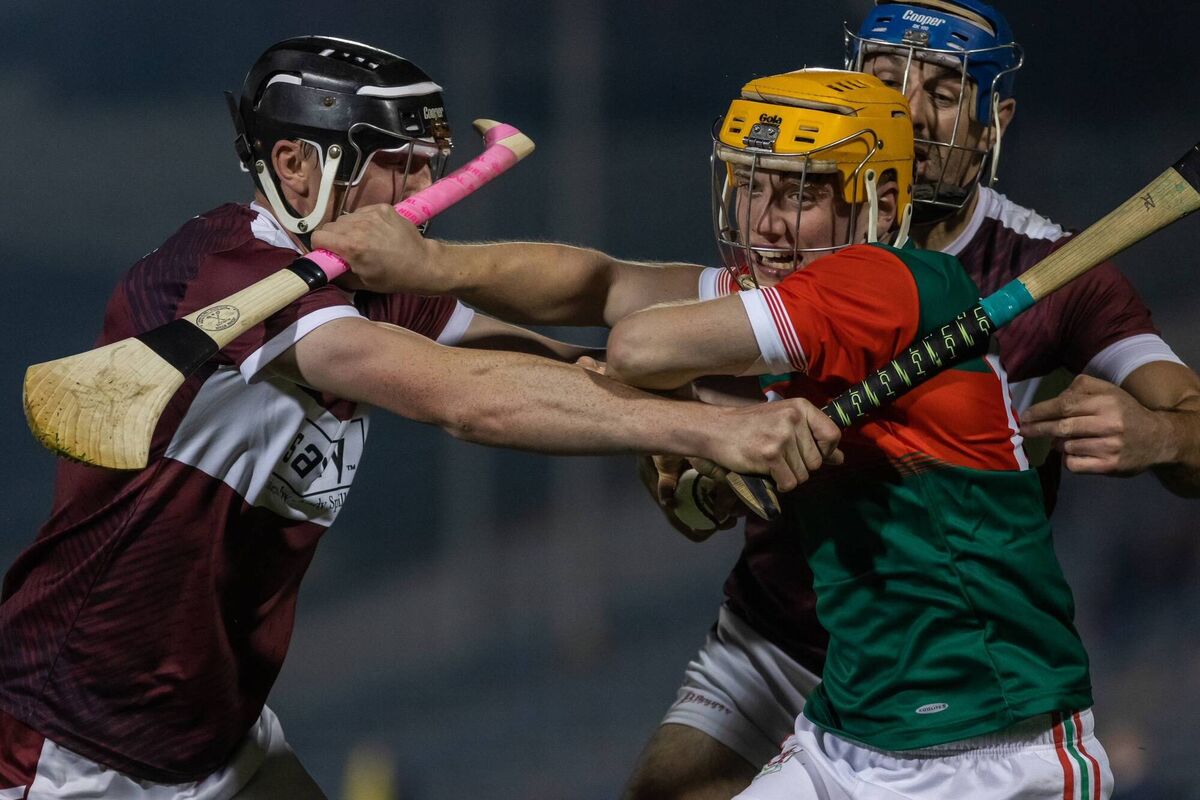
The GAA first tried it on a Thursday in 2003, for a hurling qualifier between Offaly and Limerick, but that was out of necessity.
Limerick had requested the game be brought forward a few days because they had several dual players set to face Armagh in a footballer qualifier that weekend, and Offaly agreed to the switch.
It was another ten years before the GAA staged a Friday night championship fixture for the first time.
A crowd of 4,606 turned up in June 2013 for a championship qualifier between Laois and Carlow but it never happened again in the championship.
Apart from Armagh and Down playing out a Friday night Division 2 game in the Athletic Grounds in 2014, no senior inter-county league game has taken place on a weekday since.
The writing was on the wall for the Friday night experiment months before that Armagh-Down 2014 fixture when Kildare and Offaly rejected requests to partake in Friday night games in late 2013 (for the 2014 season).
Kildare turned down a proposal to play a league game against Dublin in Croke Park on a Friday night in March 2014, while Offaly were similarly unwilling to travel to Longford for a first-round Leinster championship game in May.
In one fell swoop, those decisions almost closed the book on the GAA’s plans to move some senior inter-county games to Friday nights in order to reap a promotional harvest from an extended playing week.
Over the last two truncated seasons, when there was a knockout championship in football — when most of those games were played without crowds, or with only a few thousand supporters — the GAA still never entertained switching some games to a Friday night, which may have facilitated live TV slots.
With so many games on at the same time over those winter weekends, the vast majority of those matches were buried in the avalanche of fixtures.
The experiment has always been worth trying because Friday night games make so much sense.
Along with increased TV exposure and significantly expanding the GAA’s media presence, it also frees up time for club matches and potentially gives players more space to enjoy some time off.
Ulster’s experience with the McKenna Cup has consistently proven there is a market for action other than at weekends.
Playing provincial minor and U-20 football and hurling championships games in midweek has further shown that there is an appetite among the public for games other than on weekends.
Yet the biggest issue of concern is around players having to take time off work for Friday games.
Nobody wants a situation where employers are reluctant to take on inter-county players because of additional commitments during working hours. Yet compensating players for loss of earnings due to playing games is not a path the GAA were ever keen to go down, even when they had money.
It has also always triggered ethical questions.
Before that Laois-Carlow game was even staged in 2013, the two highest-profile football managers at that time — Jim McGuinness and Jim Gavin — insisted on compensation for anyone forced to miss work to prepare properly for the game.
Then GAA president Liam O’Neill quickly dismissed the notion. Suddenly, an enlightened idea had been landed into one the GAA’s murkiest arguments — professionalism.
The GAA had enough evidence to douse that debate and prevent it from catching fire.
Inter-county U20 players are expected to prepare for a game any day or night of the week.
The working week now includes Saturdays for many people. Players take holidays or time off work to attend training and matches? Is that any different to taking a Friday off?
The climate is different now though, especially when spectators were denied the opportunity to watch inter-county matches for so much of the last two seasons.
Spectators would also be more inclined to watch games on a Friday night than on a packed Sunday schedule when the marquee games are being staged anyway.
Staging Friday night matches would have to be between counties that are close to each other but that is definitely manageable.
It makes more sense over the summer when those fixtures wouldn’t require floodlit venues.
As well as increasing revenue, Friday night matches would also increase exposure — and greater recognition — in peak season for players who might not otherwise get that TV exposure.
The last two pandemic seasons has further buried any talk around the GAA’s rules on amateur status. In that context, staging Friday night matches in the future may be more practical, and more agreeable to all parties — especially players —than it often was in the past.
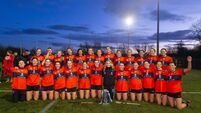
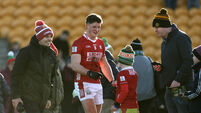

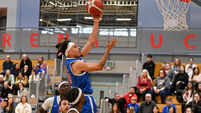


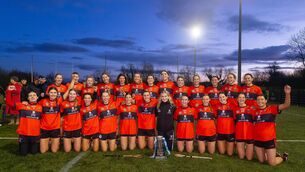



 App?
App?







